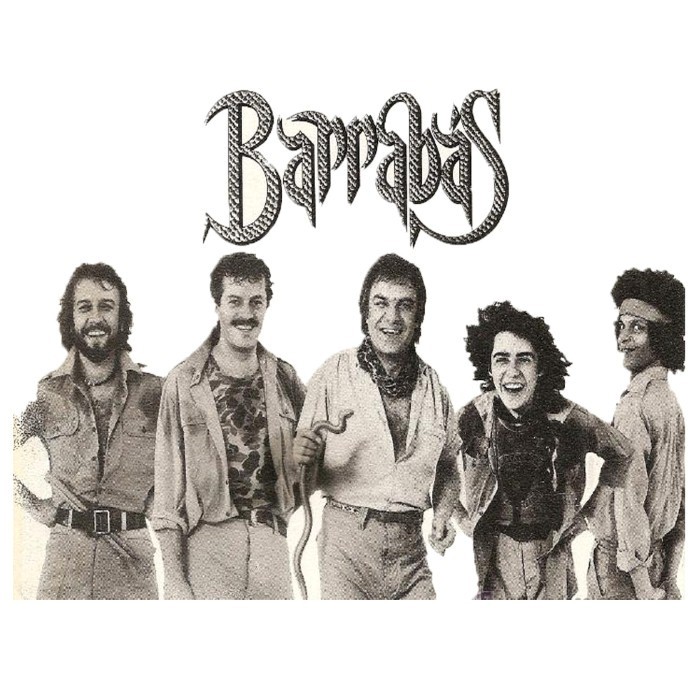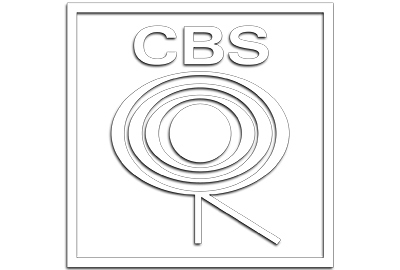Members
1 Male
Origin
 Мадрид, Испания
Мадрид, Испания
Genre
 Funk
Funk
Style
Latin
Mood
Party
Born
1 Male
Origin
Genre
Style
Latin
Mood
Party
Born
3 users
3 users
3 users
3 users
3 users
Artist Biography
Available in:
1. Barrabás are a Spanish musical group, most successful in the 1970s and 1980s, when they were led by drummer Fernando Arbex. The group's musical style was initially Latin rock with jazz and funk influences, and later developed into a more disco-orientated sound.
Arbex formed Barrabás in 1971 when his previous band, Alacran, split. He and Alacran's bass guitarist and vocalist Ignacio "Iñaki" Egaña were joined by several other musicians in preparation for the recording of their debut album Wild Safari released later that year. These were Filipino guitarist brothers Ricky and Miguel Morales; Portuguese keyboard player Juan Vidal and Cuban percussionist, saxophone and flute player Ernesto "Tito" Duarte.
Wild Safari spawned the hit singles "Woman" and "Wild Safari" which were successful in various countries across Europe and the Americas, including the USA and Canada.[1]
Egaña left the group in 1973 after his involvement with drugs was made public, and Arbex decided to further reduce his own involvement as a musician, hiring two new members, José Luis Tejada and José María Moll, as vocalist and drummer respectively. Moll had played live with Barrabás from the beginning, with Arbex only playing on Wild Safari. This new line-up recorded two albums, Power in 1973 and ¡Soltad a Barrabás! in 1974. Moll then left the band after disagreements with the other members, and was replaced by Daniel Louis. With the popularity of disco in the mid-1970s, Barrabás moved in that direction and produced a number of minor hits. They disbanded in 1978, and Arbex moved fully towards writing and producing music for other artists.
The group reformed in 1980 with a new line-up. The Morales brothers, Vidal and Louis were replaced by the returning Moll, Costa Rican guitarist "Koky" Maning, bassist "Susy" Gordaliza and keyboard player Armando Pelayo. This line-up recorded two albums before being dropped by their record label, RCA, and subsequently Tejada, Maning, Gordaliza and Pelayo all left. Miguel Morales and Iñaki Egaña then returned for the recording of the 1983 album Forbidden for CBS.
Barrabás continued on a smaller scale afterwards under the leadership of Moll, still accompanied by Egaña and Miguel Morales, with Duarte and other musicians helping out both live and in the studio. A number of albums were recorded in the 1990s, consisting of re-recordings of songs from the 1970s and 1980s.
Barrabás founder Fernando Arbex and multi-instrumentalist Tito Duarte both died in 2003.
2. Barrabás is a brazilian black metal band formed in 1990 in the city of Assis, São Paulo. The band split-up in 1992 but reformed in 2007 releasing their first demo and finally their first full-length in 2013.
Discography:
2008 Poison Fruit (demo)
2011 Dark Rites of Human Desecration (split) *with Ignis Haereticum (Colombia)
2011 Tyrants of Blasphemies (split) *with Abominable Carnivore (Bangladesh)
2013 The Arrival of Yog-Sothoth .
Wide Thumb
Clearart
Fanart
Banner
User Comments
 No comments yet..
No comments yet..






